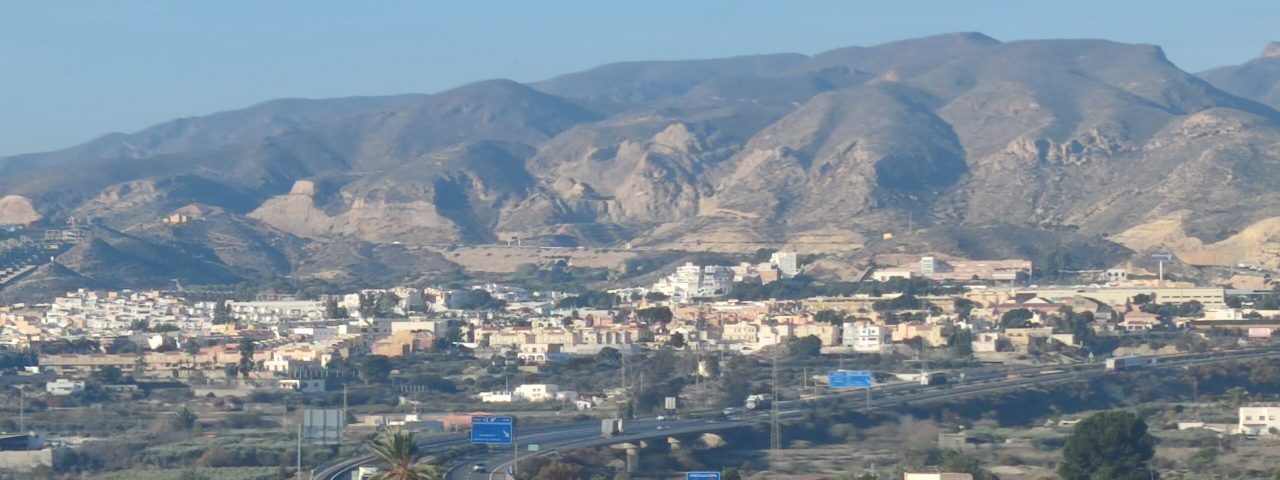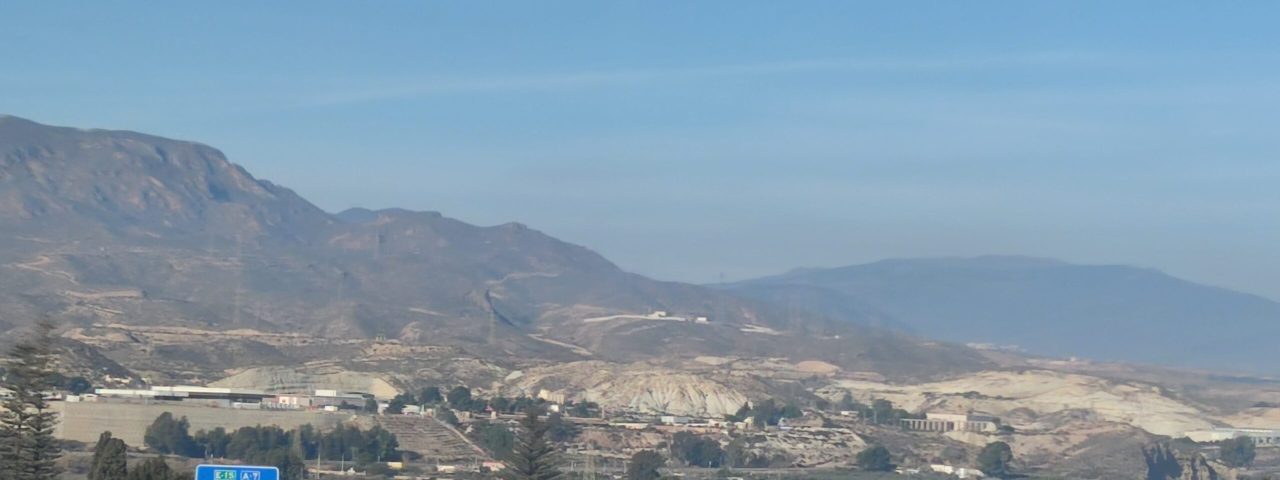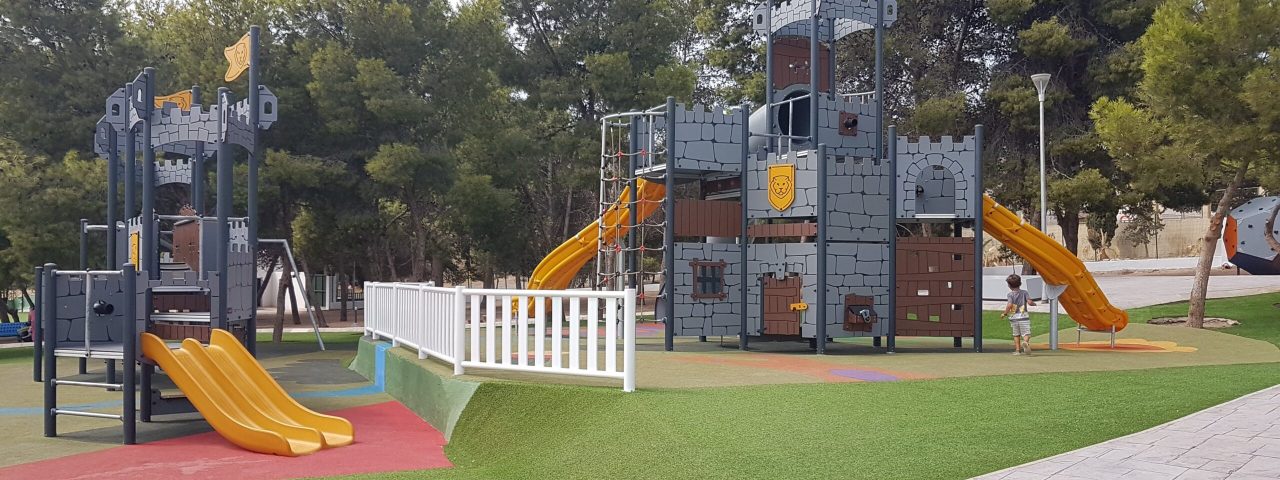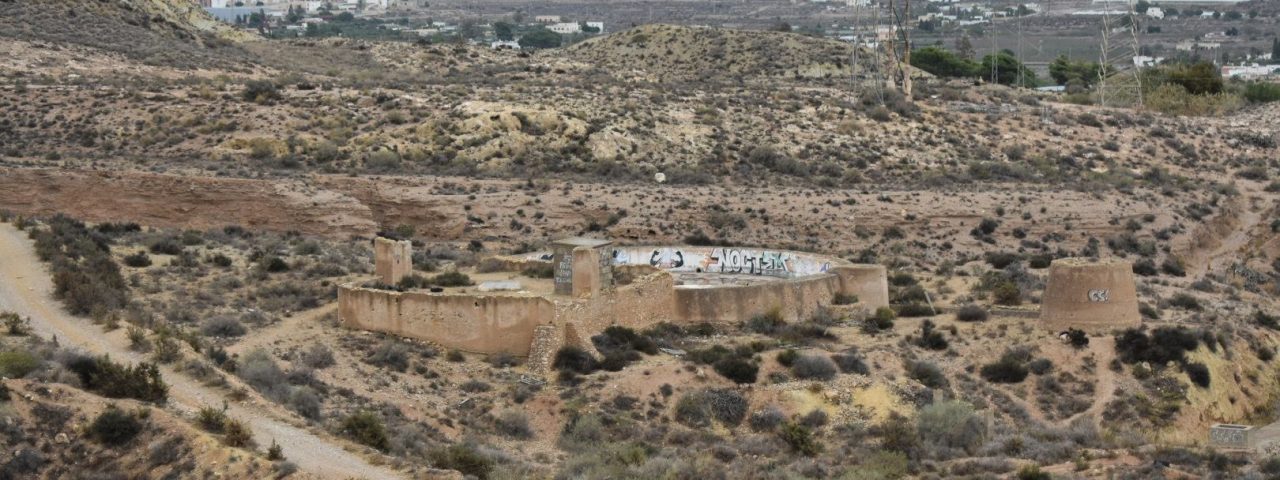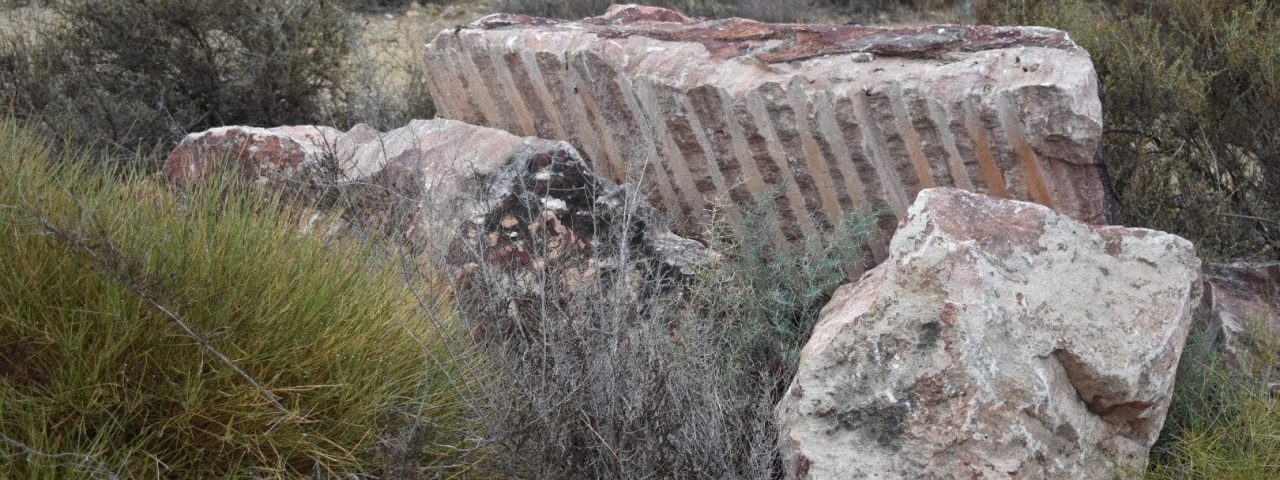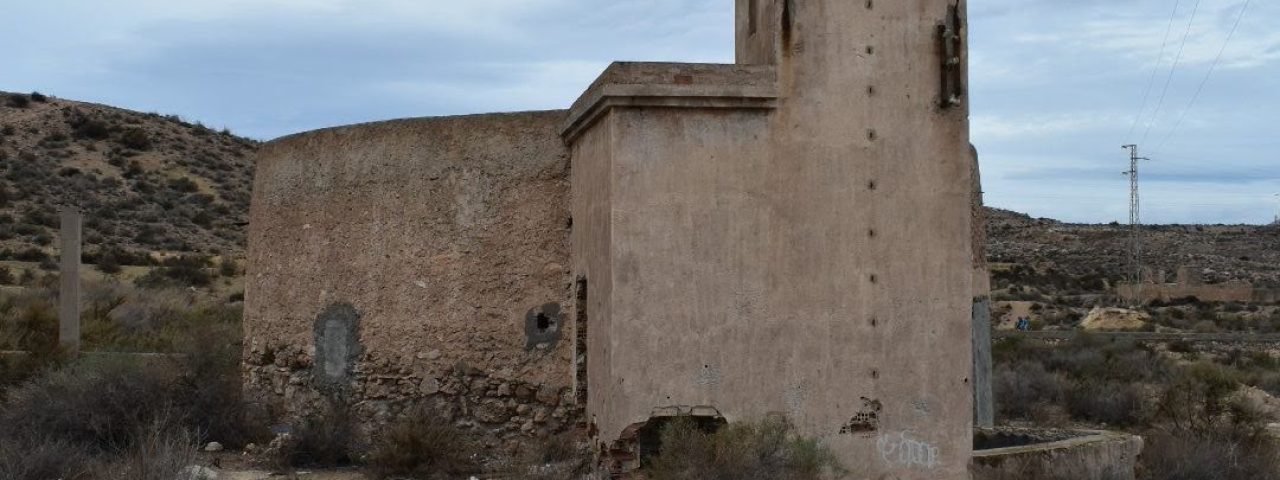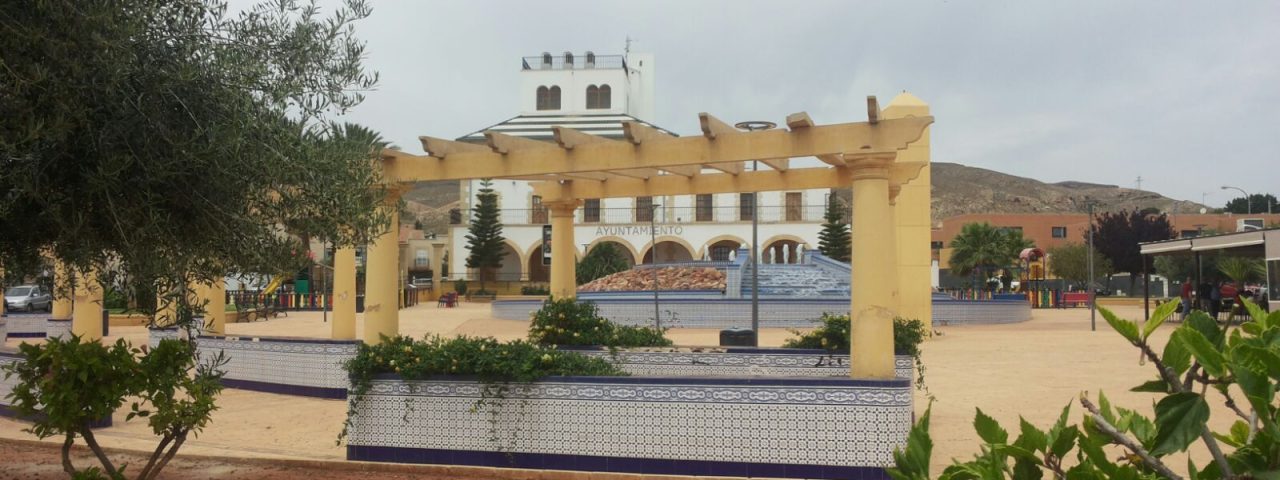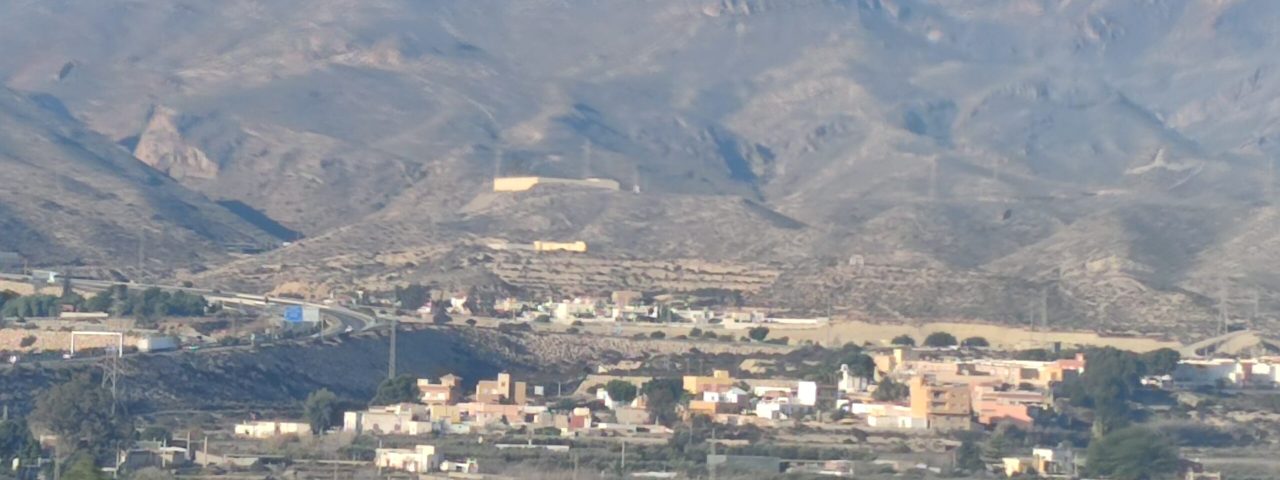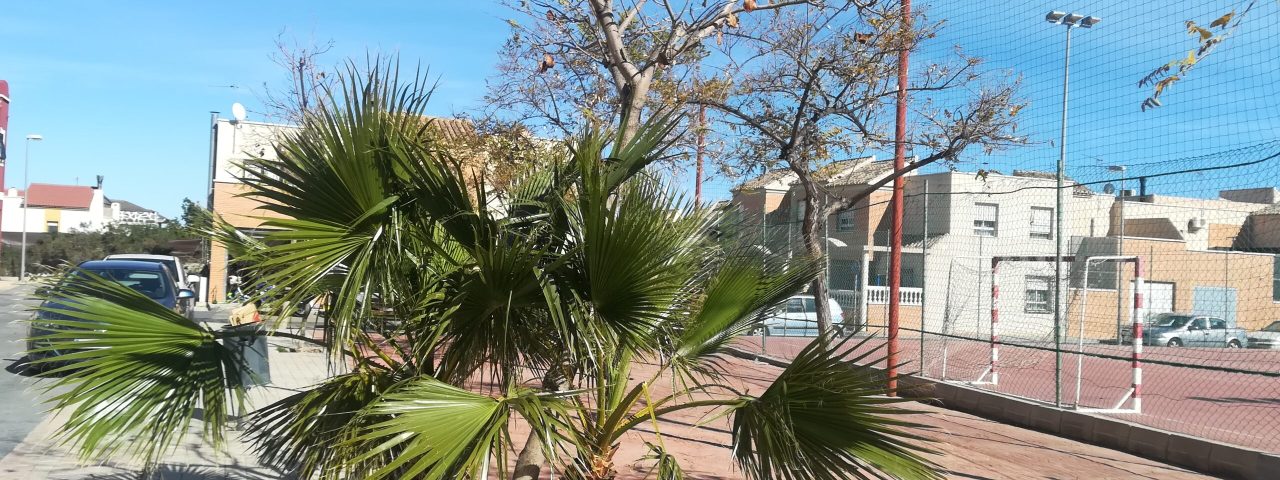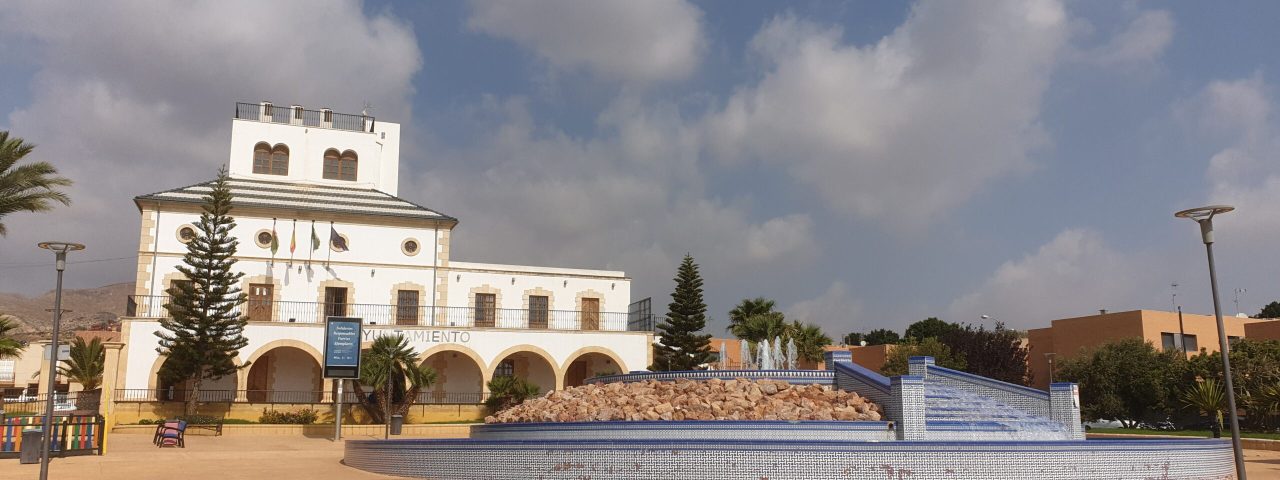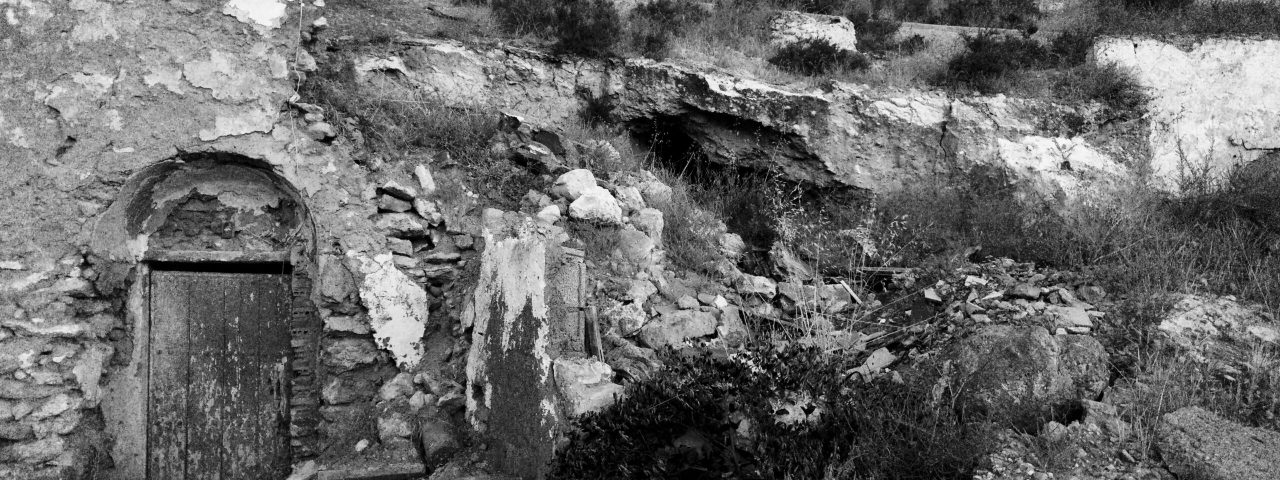The history of Huércal de Almería is closely tied to the broader history of the province of Almería and the wider region of Andalusia. Like much of southern Spain, the city has experienced a mix of Roman, Moorish, and Christian influences over the centuries. During the Moorish period, Almería was a thriving hub of trade and culture, and Huércal de Almería was an important agricultural area supplying the city. After the Reconquista, Christian rule was reestablished, and the town became a more integrated part of the Kingdom of Spain.
The cultural identity of Huércal de Almería is rooted in traditional Andalusian customs. The city celebrates various local festivals, such as the Feria de Huércal, an annual fair that showcases traditional Andalusian dance, music, and food. Semana Santa (Holy Week) is also observed with colorful processions and religious ceremonies. Visitors can immerse themselves in the local culture by participating in these festivals or visiting historical landmarks that reflect the city’s rich heritage.
Notable cultural elements include Flamenco performances and the vibrant traditions surrounding local gastronomy. Huércal de Almería’s cultural calendar often includes events tied to its agricultural past, with harvest festivals and local fairs celebrating the region’s bounty.
